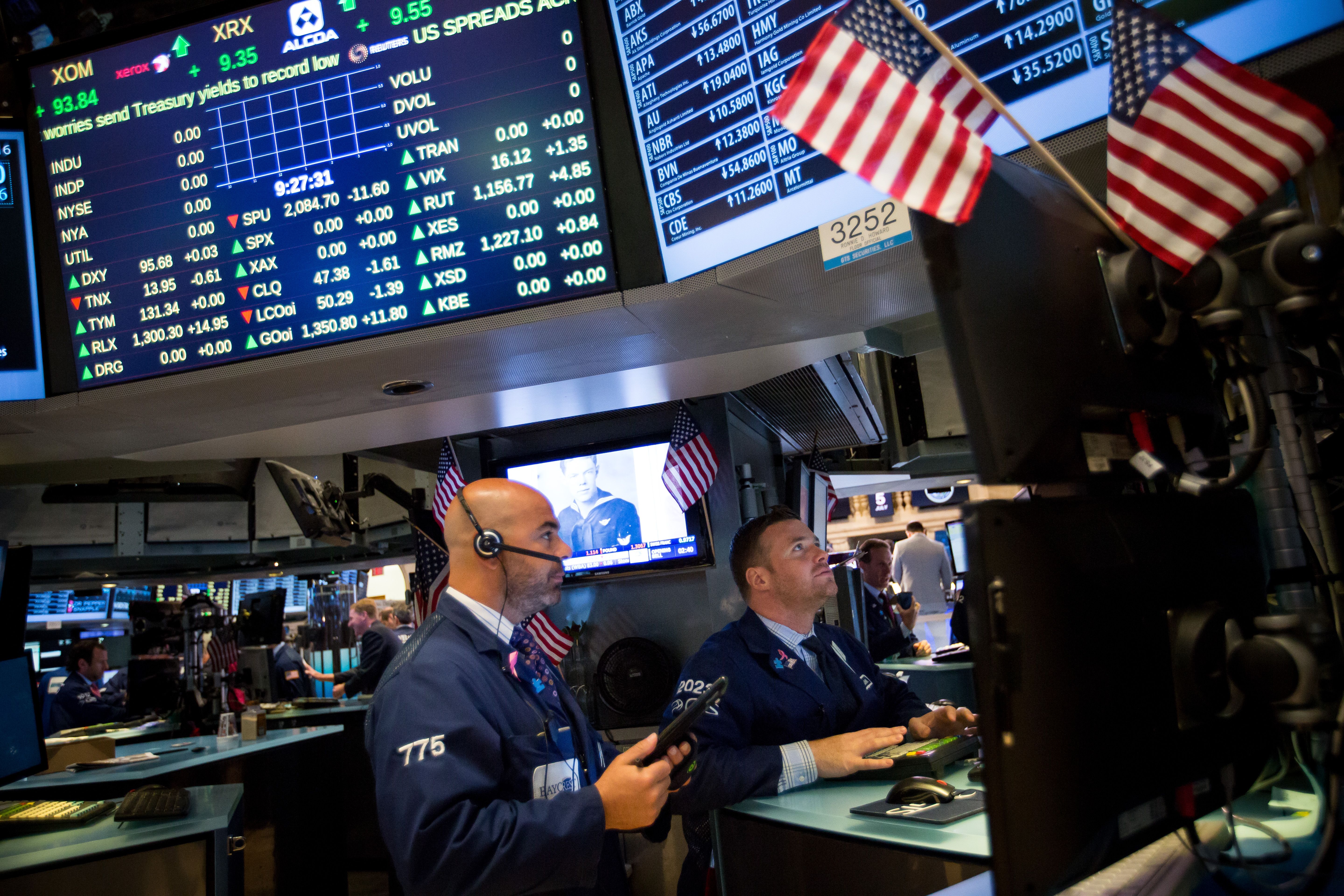World stocks on Monday, August 7, reached new record highsbetter-than-expected company earnings and economic data from the United States stole the focus from rising geopolitical tension over North Korea’s nuclear program.
The U.S. dollar dipped slightly but held on to most of Friday’s gains – its biggest daily rise this year – made after data showed the United States created more jobs than forecast last month.
For those watching second quarter corporate results in recent weeks, there have been many such surprises. Of the nearly 1000 companies in the MSCI world index that have reported, 67 percent have beaten expectations, according to Reuters data.
These two factors helped nudge the flagship share index above a peak breached late last month, setting a new all-time high of 480.09 on Monday.
“The US made the most noise last week … At the start of the new week, risk sentiment improved in Asia with investors continuing to show a certain degree of risk affinity,” DZ Bank strategist Rene Albrecht said.
Aside from a slight weakening in the Korean won, there was little financial market reaction to the news over the weekend that the U.N. Security Council unanimously imposed new sanctions on North Korea aimed at pressuring Pyongyang to end its nuclear program.
South Korean President Moon Jae-in and his U.S. counterpart, Donald Trump, agreed in a telephone call on Monday to apply maximum pressure and sanctions on North Korea, while China expressed hope that North and South Korea could resume contact soon.
Yields on U.S. and German government bonds – seen as a safe haven in times of stress – rose off one-month lows hit at the tail end of last week.
A strong rise in U.S. and Asian stocks propelled the world index to a new high, with the strength of the euro providing a bit of a headache for European markets.
The Dow Jones recorded its eighth consecutive record high on Friday, with MSCI’s broadest index of Asia-Pacific shares outside Japan adding 0.5 percent when trading commenced on Monday.
Japan’s Nikkei and Chinese blue chips both added over 0.5 percent, with the latter bolstered by bets for strong economic data from the world’s second largest economy this week.
The euro zone’s main stock index was a touch lower, however, as the single currency headed back towards a 20-month high, a trend which appears to be denting profitability in certain sectors.
Of the MSCI Europe companies having reported, 61 percent have either met or beat expectations. But focusing on industrial firms – of which many depend on exports, and are sensitive to a stronger euro – the beat ratio is just 37 percent, Reuters reports.












